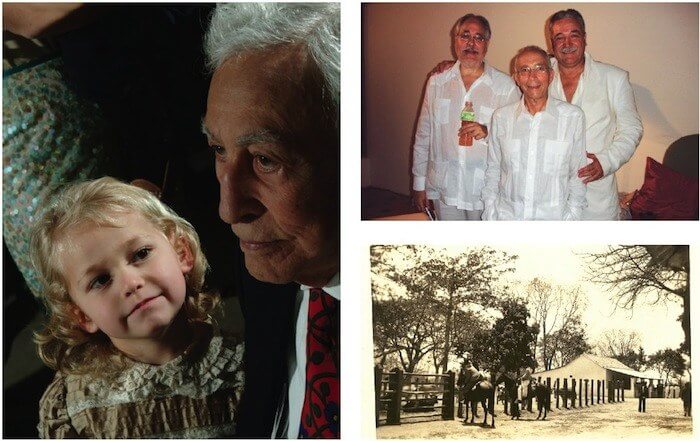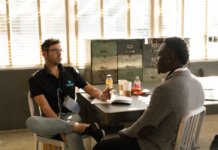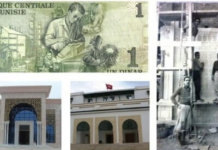In 1911, Samuel Dario Maldonado, bought a large ranch of about 100,000 hectares called Hato El Frio in Venezuela. In 1948, Samuel’s son Ivan Dario used his father’s legacy and founded CA Invega, a cattle company that was to become the cornerstone of the Maldonado family business. Today the Maldonado family still runs its cattle business, and has added many more activities to its portfolio: production and distribution of dairy products in Venezuela, Dominican Republic and Uruguay and real estate investment in the USA and the Czech Republic. The family also owns another cattle ranch in South Africa.
Today, the Maldonado family business is managed by the third and fourth family generation and consists of five branches. Out of the 17 Maldonado cousins that are part of the fourth generation, around eight are active in the family organisation. The family is in the process of professionalising the group and is looking to hire professional managers to run the companies, while family members are shifting to the supervisory roles and boards to separate ownership from management.
Interview with Maldonado Family, Venezuela
Veronica Maldonado belongs to the fourth generation of the Maldonado family business. She left her home in Venezuela to study in the US. After graduating, she moved to Japan where she worked and learned the language for seven years. Eventually, Veronica’s path took her back to her family business in Caracas in 2002 where she set up the GEM family office. She currently supervises the family office, and is a board member of three of the family’s companies. She is also the president of the family’s foundation, La Compañía Humana dedicated to education, and collaborates with other family business related organisations. She speaks to Tharawat magazine about family businesses in Venezuela, about the Maldonado ingredients for success, and why it is important to learn how to be a family business owner.
What are the main challenges Venezuelan family businesses face today?
I would say that amongst the greatest challenges are inflation, the threat of expropriation, political instability, exchange controls, weak legal systems, corruption, and brain drain. On the other hand we also enjoy many advantages in our great country: there is wealth, opportunities for growth, a vibrant young population, an entrepreneurial culture, and we are strategically located at the tip of South America, which makes it easy to get anywhere you like. Last but not least, in Venezuela we are endowed with incredible quantities of natural resources.
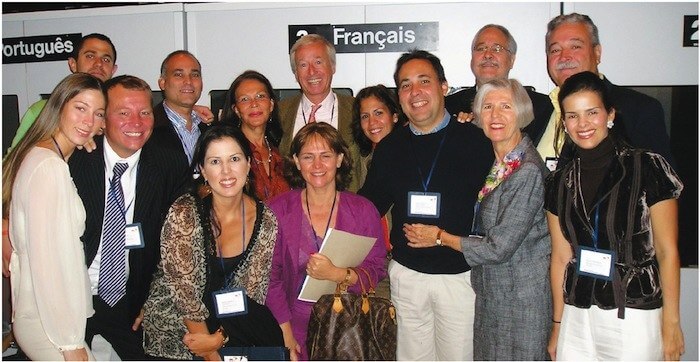
What do you think differentiates Venezuelan family businesses from their Latin American peers?
Family firms in Venezuela have to deal with an oil-based economy, which means that we deal with different dynamics compared to the rest of Latin America. For us having oil has been a blessing but also a challenge: Due to the great wealth from the oil resources, the private sector’s contribution to national GDP constitutes but a small percentage. This had the consequence that businesses have not yet seen the support that they require to expand and grow. On the up side, because of the oil wealth, our poverty is not as bad as for instance in countries like Bolivia and Peru.
What are the ingredients that have made your family business sustain over time?
Never give up! Never ever give up! Our Commitment, being business savvy, and of course our good values. I also think that seeing our parents growing the business and feeling that we are part of something bigger has been an important ingredient for overall success.
Another factor is that we are not obliged to work in the family business but we all have the option to if we wish it. Depending on our skill set we can all contribute to our business’ success. For instance, in my generation, we all feel that it is an opportunity to be involved in the family organisation. We are part of a group where we feel supported and where we feel that we can interact with people as professionals. All requests from the family or employees are taken into consideration no matter how small or trivial they may seem.
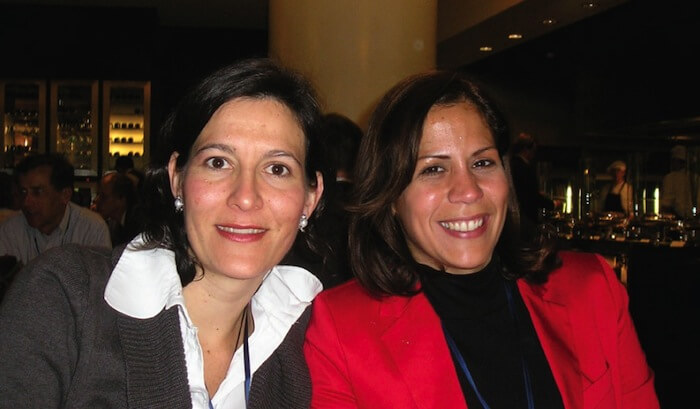
But most of all, we are a family that enjoys spending time together. We like to have dinners and take trips together. My cousins and I really enjoy being together as friends. Like every family business we face challenges and the situation is not easy but we are committed.
One more thing that I admire and cherish about my family is that we go and get help when we need it. Whether it means going to family therapy, workshops, further education or other, we will do it if it’s required. We will invest the time, the energy and the funds to make it happen. It helps us grow as a group and as individuals.
Does your family business encourage the next generation to join the business?
Yes, we encourage them to be a part of our family business group in whatever capacity they are able to participate. We all have different skill sets and we see how we can cooperate with each other. One of the things that we have learned in our family is that there is a great difference between being encouraged to be a family business manager on the one hand and to be a family business owner on the other hand. We think it is better to encourage people to be good owners and to pursue their other career dream than to force them into management positions just because they are family members. That is why we are professionalising: We are trying to find the best managers and to prepare the family members to be good owners and stewards of the family business. We do not think that the business has to be run by a family member. However, we do need family members to understand ownership.
Are family firms likely partners for companies seeking market entry in Venezuela?
Yes! We are partners with Dairy Partners of America (Nestlé and Fonterra) in Venezuela, and we are looking to partner with another big South American family group for one of our business units. Family businesses are a good choice for partners because they tend to have good, sound values, are committed for the long run and know their local market very well. In addition, the good reputation of family firms tends to bring another competitive advantage. Everybody knows about each other in our culture. We are always seeking to diversify and grow with other groups that share similar goals and values.
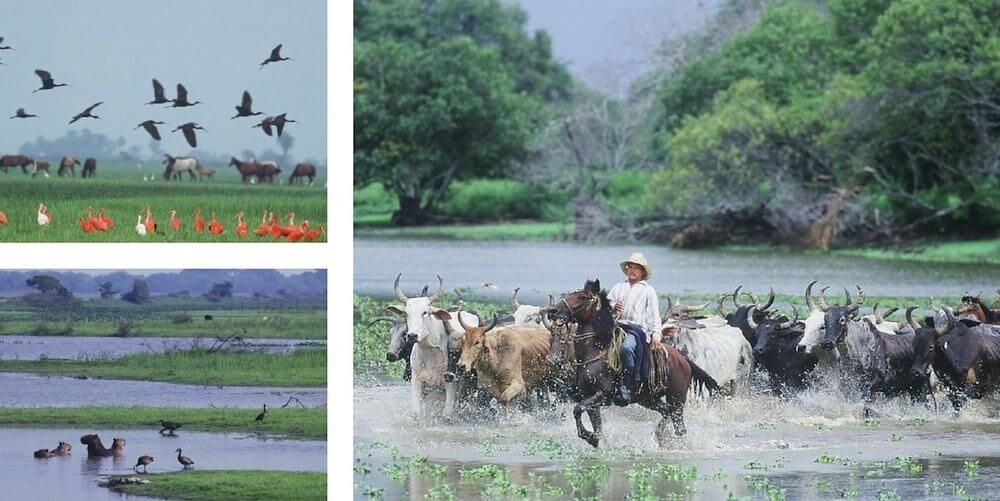
What is your advice to family businesses that want to set up a presence in Latin America?
Go in slowly. Do your research and a very thorough due diligence of your opportunities. Get a local partner with a solid and long-standing reputation. Don’t fall for the flash and remember that slow and steady wins the race. The best is to reach out to family business owners that you can speak frankly and openly with. Always have high tolerance and patience for risk and uncertainty. Lastly, understand that culture plays a huge part in how business is conducted in Venezuela and with family firms.
Tharawat Magazine, Issue 14, 2012


